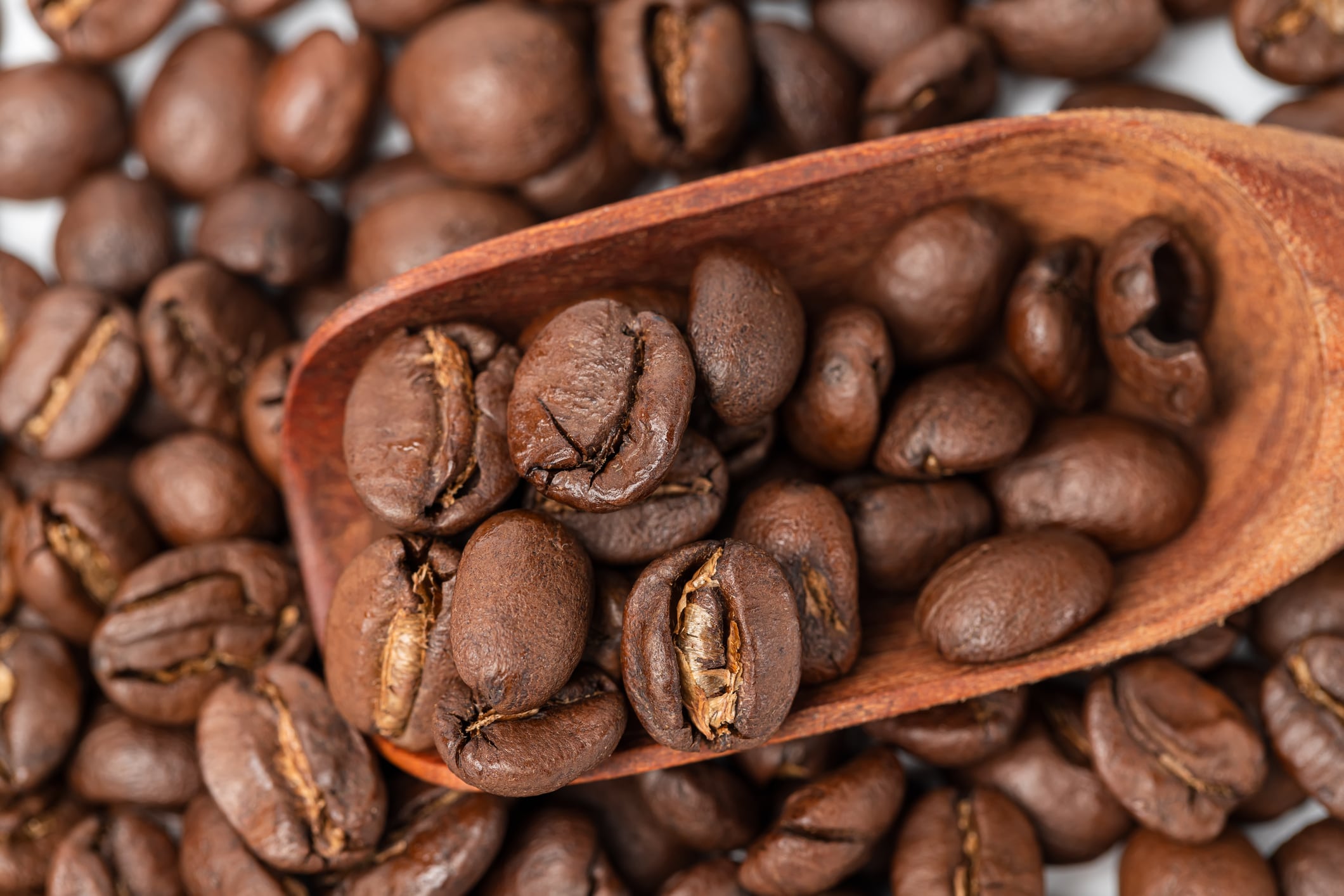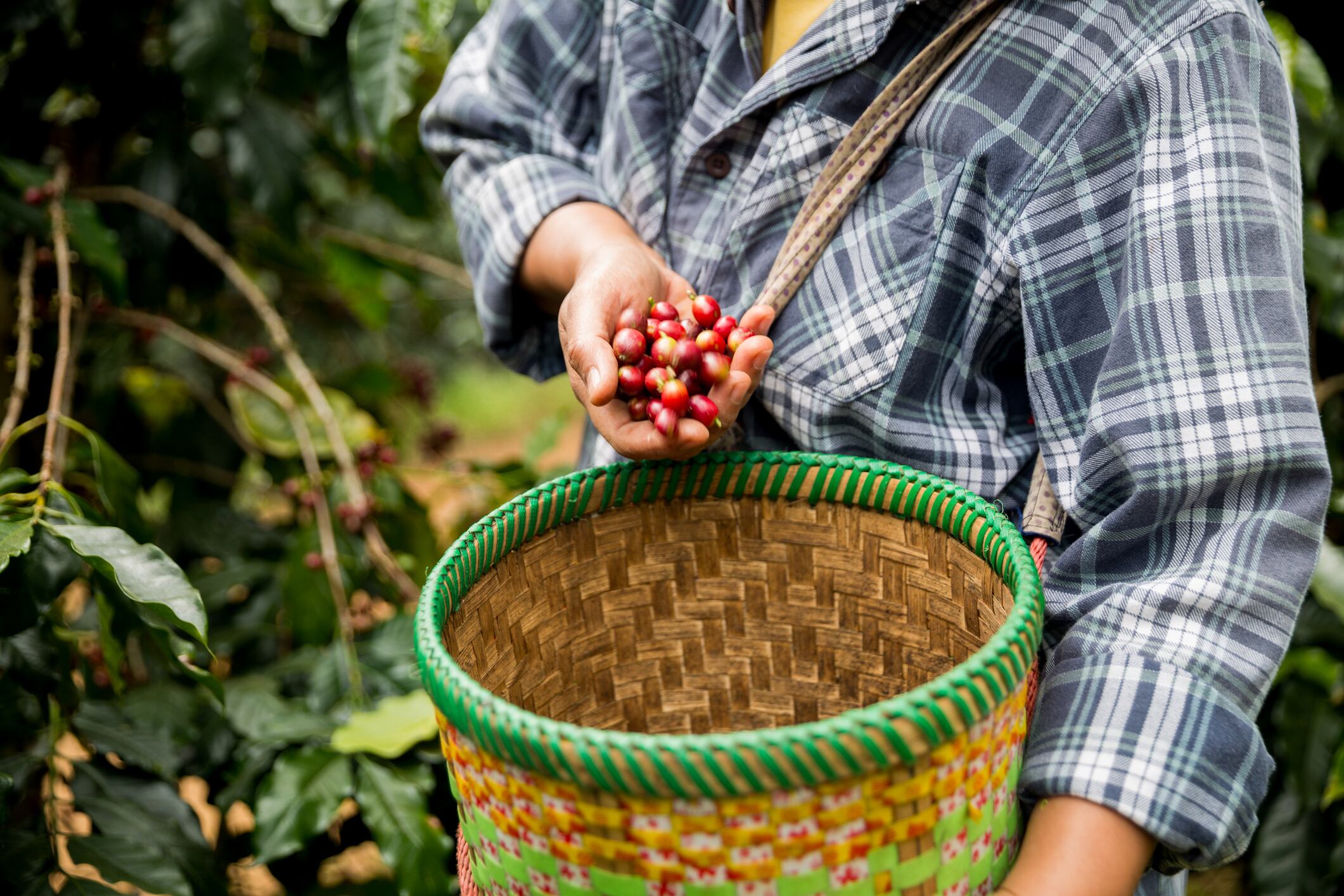The No Coffee Tax Act (HR 5516) aims to prevent additional tariffs on coffee imported from countries with which the United States has normal trade relations, offering potential relief to an industry grappling with rising costs and supply chain disruptions.
Introduced by Reps. Don Bacon, R-Neb.; Ro Khanna, D-Calif.; Don Beyer, D-Va.; and Maggie Goodlander, R-N.H. on Sept. 19, the legislation would lock in existing tariff rates as of Jan. 19, 2025, for coffee, coffee husks and coffee-containing substitutes.
Supporters say the bill could alleviate a growing cost burden on coffee importers, roasters and retailers caused by a series of tariffs, including a 50% duty on Brazilian coffee.
Joe Coffee: Cautious optimism
For Joe Coffee, the bill comes at a critical time.
Amaris Gutierrez-Ray, VP of coffee, described the industry’s mood as “frustrated, plus there is so much confusion about what people should do, how they should get information, how they should talk to customers, and so much fear about how their customers will react and engage.”
At the same time, Gutierrez-Ray noted that given the many challenges facing the industry – ranging from price instability and climate change to long-standing supply chain inequities – the US tariff situation feels particularly unnecessary and avoidable.
The financial impact for Joe Coffee has been significant. Gutierrez-Ray explained that the company’s total tariff costs this year will exceed $200,000 – with the 50% Brazil tariff alone accounting for roughly $133,000.
“In fact, all coffee growing countries are subject to at least a 10% tariff, so there aren’t too many options to be able to work around them,” she noted. To cope, Joe Coffee added a temporary 1.5% surcharge to retail and online transactions to offset the tariff costs.
“If the bill is approved, it would save us and our customers those costs, and that would not be insignificant in today’s climate,” Gutierrez-Ray added.
She also highlighted the logistical difficulties caused by the timing of the tariffs, especially for sourcing and imports, explaining that US roasters haven’t had sufficient time to adjust their strategies since the 50% tariff was announced.
Prices are unlikely to drop until later in the year due to pre-existing contracts for upcoming harvests. She added that while coffee consumption won’t stop, consumer habits may shift, and businesses will need to adapt to meet changing preferences and maintain stability.
Seattle Strong: ‘We are in full support of the No Coffee Tax Act’
Seattle Strong’s founder Evan Oefelin expressed full support of the bill.
“We are in full support of the No Coffee Tax Act. The green coffee market is already in a tumultuous place due to shortfalls in production over the last year. The all-time highs of green coffee prices combined with new and increasing tariffs threaten to upend the entire American coffee industry as we know it,” he said.
Oeflein pointed out just how reliant the US is on imported coffee, noting that domestic production amounts to roughly 11.5 million pounds each year, compared with consumption of about 3.26 billion pounds – meaning nearly all US coffee comes from abroad.
He added that a repeal of tariffs would be welcomed immediately by the industry, as many roasters have been postponing purchases while awaiting relief.
Volcanica Coffee: The bill would lower import costs on green beans
For family-owned Volcanica Coffee, the proposed legislation represents relief for both businesses and consumers.
“Volcanica Coffee supports the principles behind the No Coffee Tax Act. As a family-owned specialty coffee company, we believe reducing tariffs will benefit not only coffee importers but also millions of coffee lovers across the US. This legislation would provide relief to small businesses like ours that are navigating rising costs while trying to keep specialty coffee accessible,” said Maurice Contreras, founder and CEO of Volcanica Coffee.
If passed, Contreras said the bill would immediately lower import costs on green beans and allow Volcanica Coffee to maintain stable prices while reinvesting in sourcing relationships.
“The savings would also help strengthen our supply chain by allowing us to expand offerings without passing rising costs along to coffee drinkers,” Contreras said.
He acknowledged potential short-term volatility as global markets adjust, but emphasized that “these risks are outweighed by the long-term benefits of greater transparency, stability and affordability in coffee imports.”
With existing direct relationships with farms and cooperatives, Volcanica Coffee could leverage tariff relief within a single harvest cycle, delivering benefits to consumers relatively quickly, he added.



